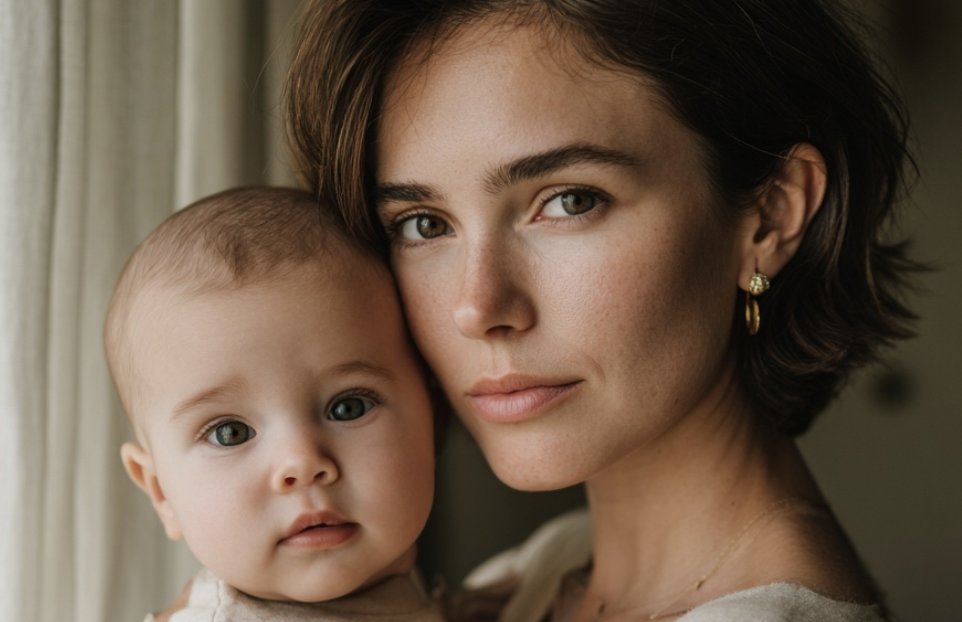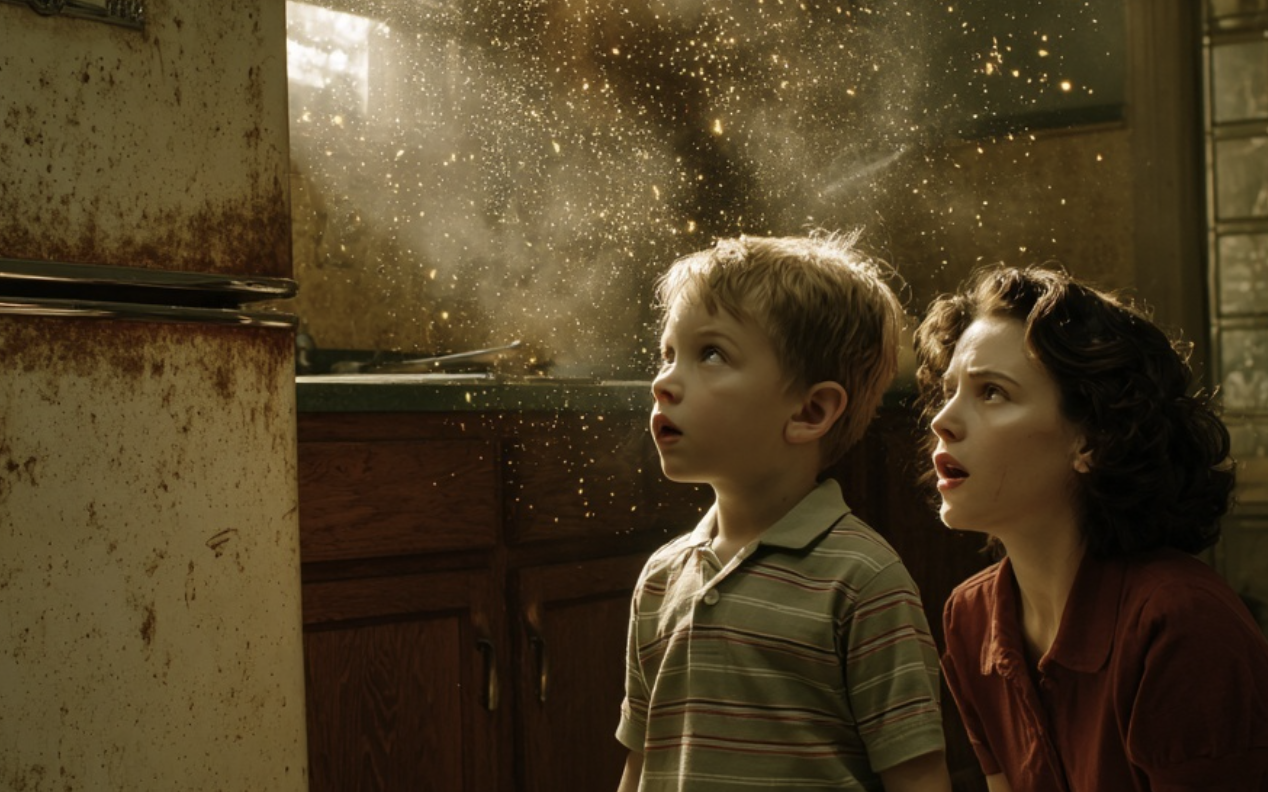“Your family are beggars!” — my husband hissed disdainfully, not knowing that my ‘poor’ aunt had left me a fabulous business.
“Your family — complete paupers, homeless in ragged clothes with empty plates!” Oleg spat venomously, as if he had just spat toward the kitchen, his fingers gripping the TV remote tightly. Each press of a button felt like a sharp, hostile strike — as if the device itself was to blame for his bad mood. … Read more









